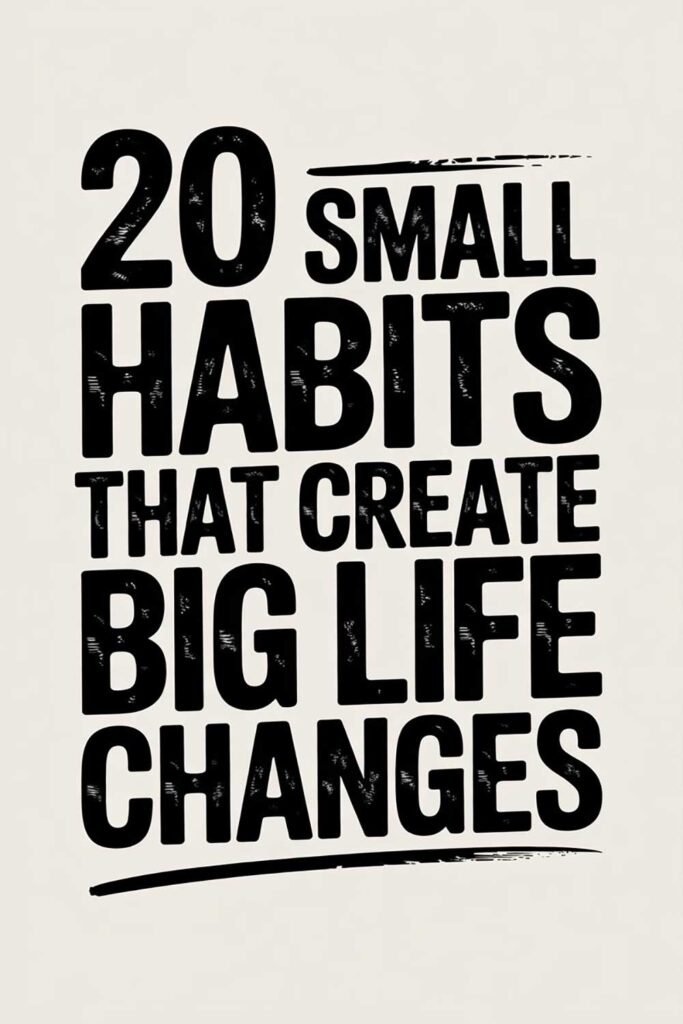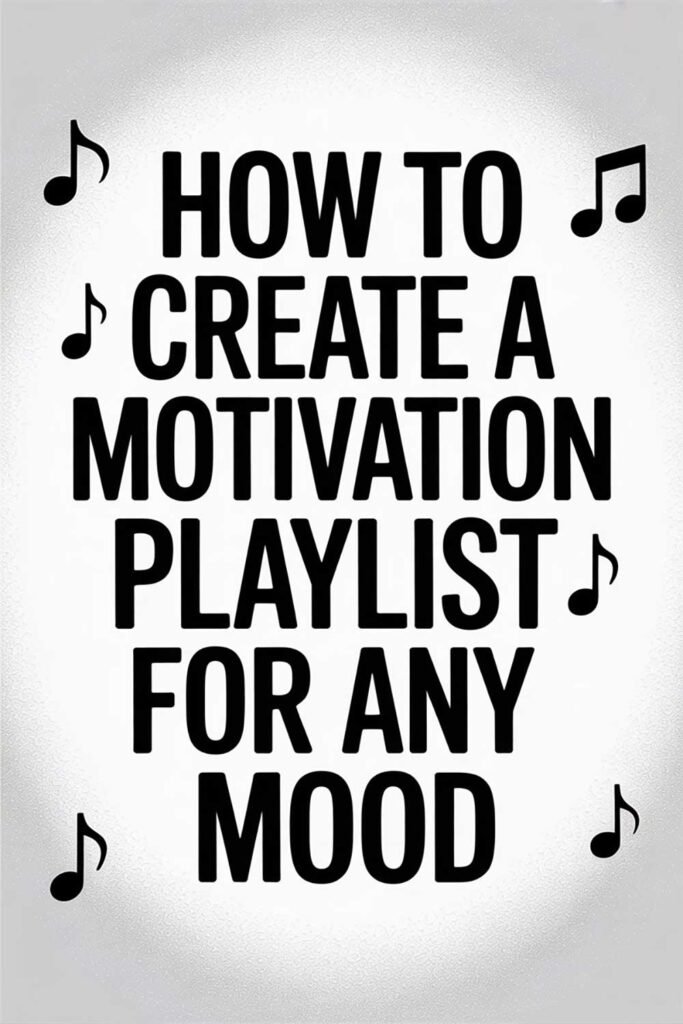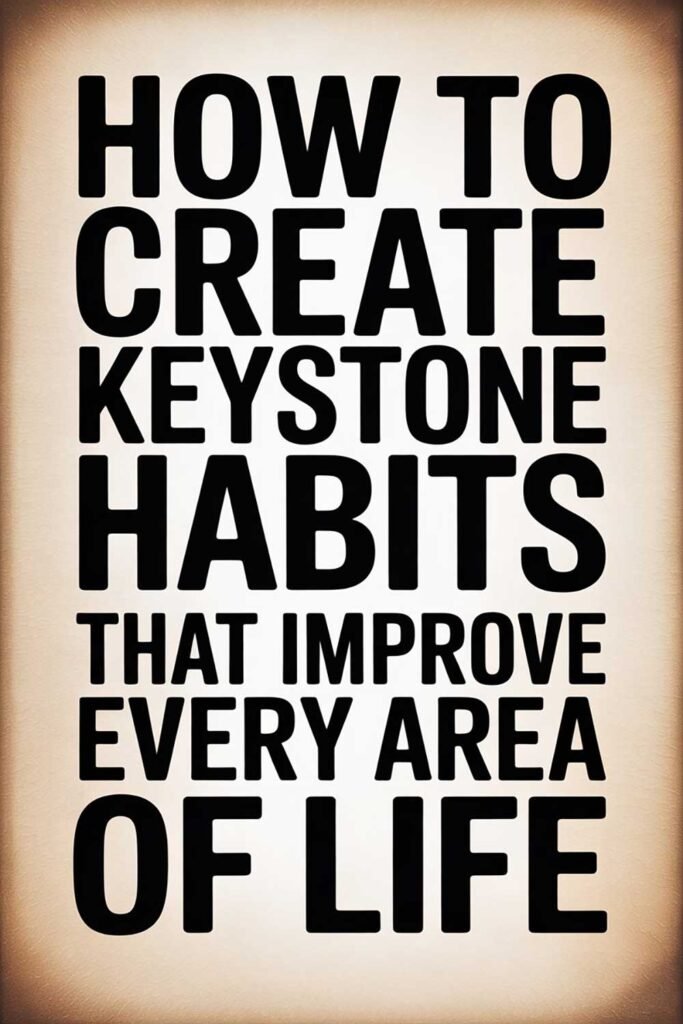Daily Self-Improvement Habits of Successful People
Success isn’t built overnight—it’s built daily. Behind every high-achieving individual, you’ll find a set of powerful habits that drive their personal and professional growth. These habits aren’t about perfection. They’re about consistency, discipline, and intentional living.
If you’ve ever wondered what sets successful people apart, it’s not luck. It’s the small, repeated actions they take every single day. In this article, we’ll explore the most effective daily self-improvement habits practiced by top performers around the world—along with real-life examples and how you can start implementing them in your own life.
Why Daily Habits Matter
You become what you consistently do. Small daily efforts compound over time and eventually lead to massive results. Think of habits as the autopilot systems that either pull you forward or hold you back.
Building the right habits means:
- Improved mental clarity and focus
- Greater productivity and time management
- Stronger emotional resilience
- A growth mindset that attracts opportunities
Real-Life Example: James Clear’s Habit Evolution
James Clear, author of Atomic Habits, struggled with motivation until he realized success comes from mastering systems, not setting goals. By focusing on 1% improvement every day, he built a writing practice that grew into one of the most popular productivity blogs in the world—and a best-selling book.
Daily Self-Improvement Habits of Highly Successful People
1. Morning Routine with Intention
Most successful people don’t roll out of bed into chaos. They design their mornings to win the day.
Morning habits include:
- Waking up early (5–6am)
- Meditation or breathwork
- Journaling or gratitude list
- Reading something uplifting
- Setting daily intentions or reviewing goals
Example: Oprah Winfrey starts her day with 20 minutes of meditation followed by a workout and reading affirmations.
2. Daily Learning and Reading
Continuous learning is a non-negotiable for leaders and innovators. Successful people commit to lifelong growth.
Ways to learn daily:
- Read 10–30 minutes of a personal growth book
- Listen to educational podcasts
- Take online micro-courses or masterclasses
- Follow thought leaders in your field
Example: Warren Buffett reads 5–6 hours a day and attributes much of his success to consistent learning.
3. Exercise and Physical Movement
A strong body supports a strong mind. Daily movement boosts energy, reduces stress, and improves discipline.
Ideas for daily exercise:
- Morning walks or runs
- Strength training
- Yoga or stretching
- Dance breaks or fitness apps
Example: Richard Branson starts every day with kite surfing or tennis to get his energy flowing.
4. Goal Review and Time Blocking
Highly effective people are intentional with their time and energy. They plan, review, and prioritize constantly.
Time mastery habits:
- Use a planner or app to schedule your day
- Block time for deep work
- Review weekly and monthly goals
- Reflect on what worked and what didn’t
Example: Elon Musk uses time-blocking in 5-minute increments to maintain laser focus throughout his jam-packed days.
5. Practicing Gratitude and Visualization
Staying grounded in gratitude shifts your mindset to abundance and positivity.
Gratitude routines:
- Write down 3 things you’re grateful for each morning
- Visualize your ideal life and feel the emotions as if it’s already real
Example: Jim Carrey famously wrote himself a check for $10 million before he was famous and visualized success every day. Years later, he earned that exact amount for Dumb and Dumber.
6. Feeding the Mind with Positivity
What you consume mentally shapes your beliefs and attitudes.
Mental diet practices:
- Avoid toxic news cycles and gossip
- Follow inspiring social media accounts
- Use affirmations and positive self-talk
- Surround yourself with uplifting people
Example: Tony Robbins talks about creating a “power hour” of mental priming through music, breathing, and affirmations.
7. Embracing Reflection and Self-Awareness
High performers are deeply self-aware. They regularly assess their progress and emotions.
Reflection practices:
- Journal about wins, setbacks, and lessons
- Ask daily: What did I learn today?
- Seek feedback and apply it
Example: Jeff Bezos uses “regret minimization” to make decisions—imagining himself at 80 and choosing what he’d regret not doing.
8. Acts of Kindness and Generosity
Successful people often give more than they receive. Serving others boosts happiness and connection.
Simple ways to give daily:
- Send a kind message to someone
- Compliment a coworker or stranger
- Donate your time or expertise
Example: Arianna Huffington encourages daily “micro-acts of kindness” to uplift your energy and those around you.
9. Daily Detox from Digital Overload
Success includes knowing when to unplug. Intentional tech breaks help restore creativity and presence.
Digital detox habits:
- No phone for the first hour of the day
- Tech-free meals or walks
- Log off social media by a set time
Example: Bill Gates takes a “think week”—no phone, no internet, just books and reflection.
10. End-of-Day Wind Down Routine
Evening rituals set the tone for restful sleep and renewal.
Evening habits:
- Power down screens an hour before bed
- Reflect or journal about the day
- Review your calendar for tomorrow
- Read a few pages of a calming book
Example: Tim Ferriss ends his day with journaling, herbal tea, and stretching to prime for peak sleep.
Real-Life Example: Sarah’s Personal Growth Makeover
Sarah, a 32-year-old nurse, felt stuck in a loop of exhaustion and frustration. Inspired by books and podcasts, she began waking up earlier to journal, stretch, and listen to uplifting audiobooks during her commute. She started meal prepping, using affirmations, and setting weekly goals. One year later, she was promoted, sleeping better, and felt more in control of her life than ever before.
20 Quotes About Daily Habits and Self-Improvement
- “Success is the product of daily habits, not once-in-a-lifetime transformations.” – James Clear
- “We are what we repeatedly do. Excellence, then, is not an act, but a habit.” – Aristotle
- “Small daily improvements are the key to staggering long-term results.” – Robin Sharma
- “Discipline is choosing between what you want now and what you want most.”
- “Your future is created by what you do today, not tomorrow.”
- “Motivation gets you going, but habit keeps you growing.”
- “The secret to your success is found in your daily routine.” – John C. Maxwell
- “Don’t count the days, make the days count.” – Muhammad Ali
- “If you want to change your life, change something you do daily.”
- “You’ll never change your life until you change something you do daily.”
- “In the middle of every difficulty lies opportunity.” – Albert Einstein
- “Show me your habits, and I’ll show you your future.”
- “Consistency is more important than intensity.”
- “Success is not final, failure is not fatal: it is the courage to continue that counts.” – Winston Churchill
- “An early-morning walk is a blessing for the whole day.” – Henry David Thoreau
- “The only bad workout is the one that didn’t happen.”
- “Fall in love with the process and the results will come.”
- “Action is the foundational key to all success.” – Pablo Picasso
- “Be so busy improving yourself that you have no time to criticize others.”
- “Your habits will either make you or break you.”
Picture This
It’s 6:00 AM. You wake up peacefully, stretch, and write in your gratitude journal. A quick walk clears your mind. You sip coffee while reading a chapter of your favorite book. You know your goals. Your day is planned. You’re calm, clear, and confident.
You feel purposeful. In control. Proud of who you’re becoming—one habit at a time.
Share This Article
If this article inspired you to build better habits and upgrade your daily routine, please share it with someone ready to start their own path of self-improvement.
Disclaimer
This article is for informational purposes only, based on personal experiences, public insights from leaders, and widely available self-development research. It is not a substitute for medical, psychological, or career advice. Please consult professionals where needed.






